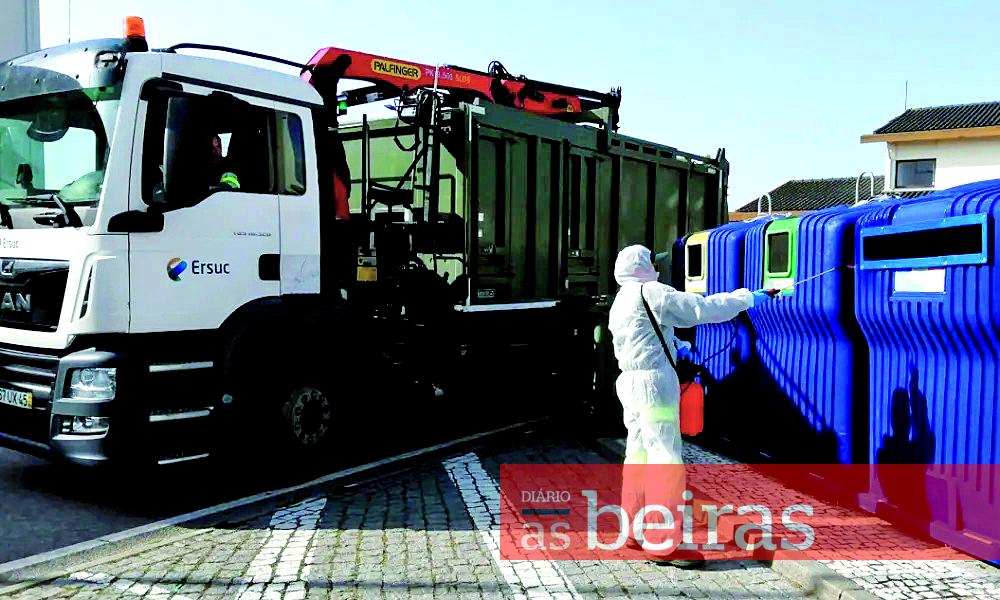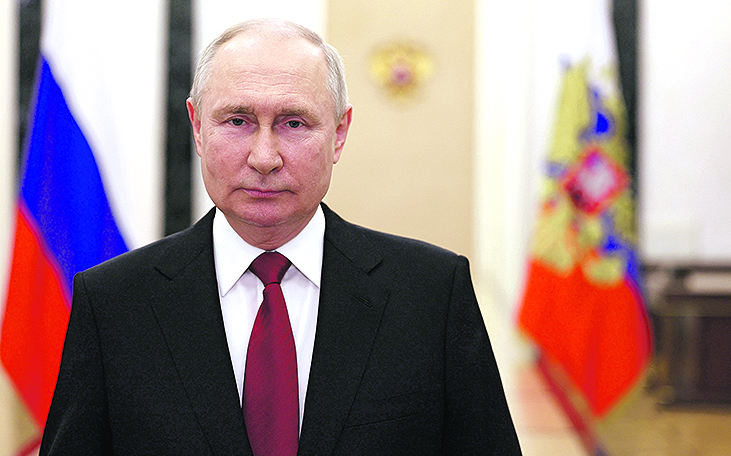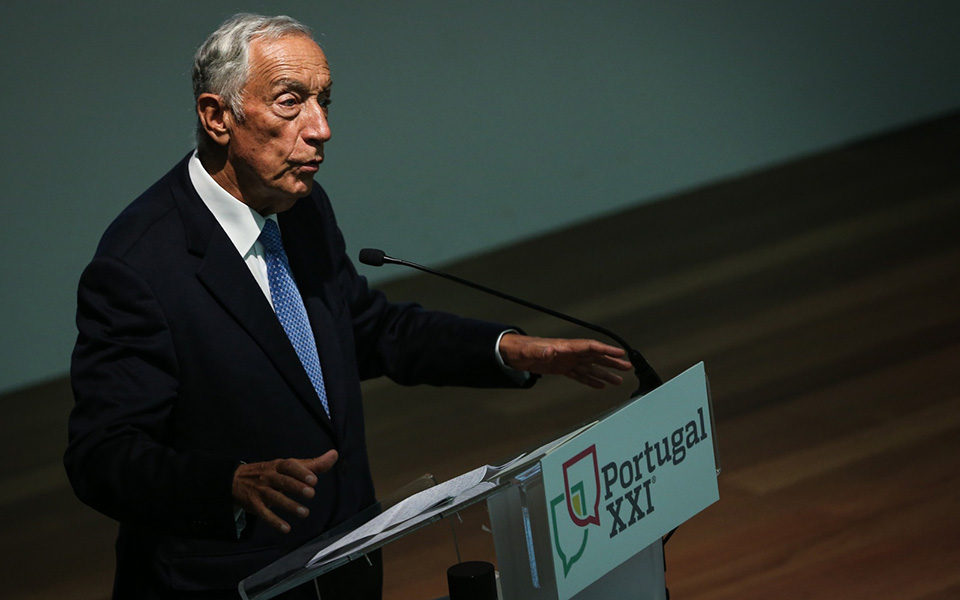Mealhada aims to decrease 6% of non-specific waste with bio-waste collection

The Mealhada City Council plans to reduce 6% of its non-specific waste by the end of the year, after starting the collection of bio-waste in the restaurant and hotel sectors earlier this month, with “soon to follow in accommodations.”
“We started by collecting bio-waste in the restaurants, all biodegradable waste from the kitchens that can go into containers, being collected to be sent for treatment and thus creating topsoil,” revealed the Mayor of Mealhada, António Jorge Franco.
The bio-waste collection in the municipality focused, in this initial phase, on the restaurant and hotel industries, where more than 100 locations were identified, receiving 20-liter buckets and 120-liter containers.
These 20-liter buckets and 120-liter containers with a pedal and identifier were also distributed to schools, industries with canteens, and bio-waste producers whose production justifies it.
In statements to the Lusa news agency, António Jorge Franco indicated that, in a second phase, which is expected to start soon, priority will be given to residential areas with horizontally owned buildings, with the distribution of buckets and containers planned for over a thousand accommodations.
“Shortly, the placement of one container for each house number will begin, with people receiving a bucket to separate the waste in the kitchens, collected later by the Council for treatment. This way, it does not go to the landfill,” he clarified.
20-liter buckets will be distributed for each residential unit and 120-liter containers will be installed for door-to-door collection in common areas of the buildings.
With this estimated collection of 450 tons per year, this municipality in the Aveiro district expects “a reduction of around 6% in the volume of non-specific waste, already in this first year.”
“For every ton of garbage we avoid putting in the landfill, we can save almost 100 euros. It’s a very high value,” he emphasized.
According to the mayor, elected by the Independent Movement Plus and Better, the selective collection of bio-waste is a habit that should be implemented.
“People should bear in mind that by separating food scraps, they are reducing the waste sent to the landfill, increasing the materials that will be recycled, and producing a high-quality compost, a natural fertilizer for soils,” he concluded.
The Municipality will also distribute 14 800-liter containers to all cemeteries in the municipality for selective collection of bio-waste and green material.











